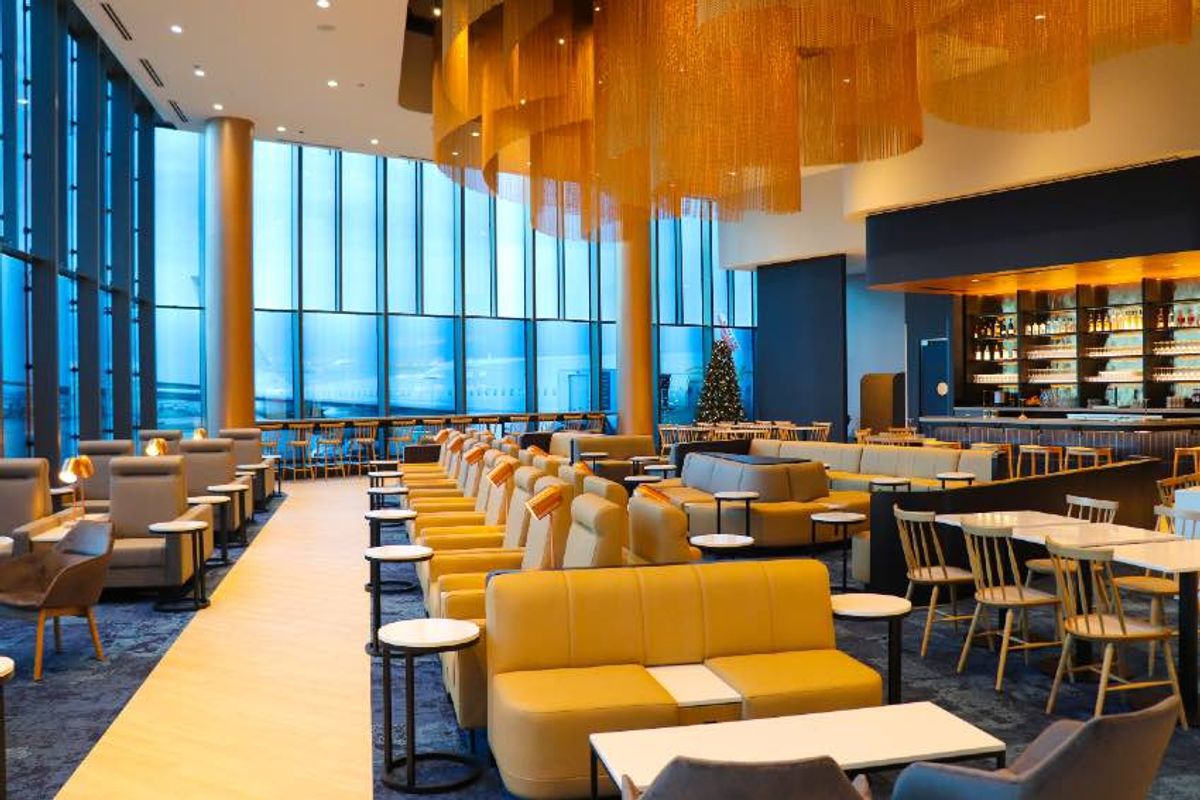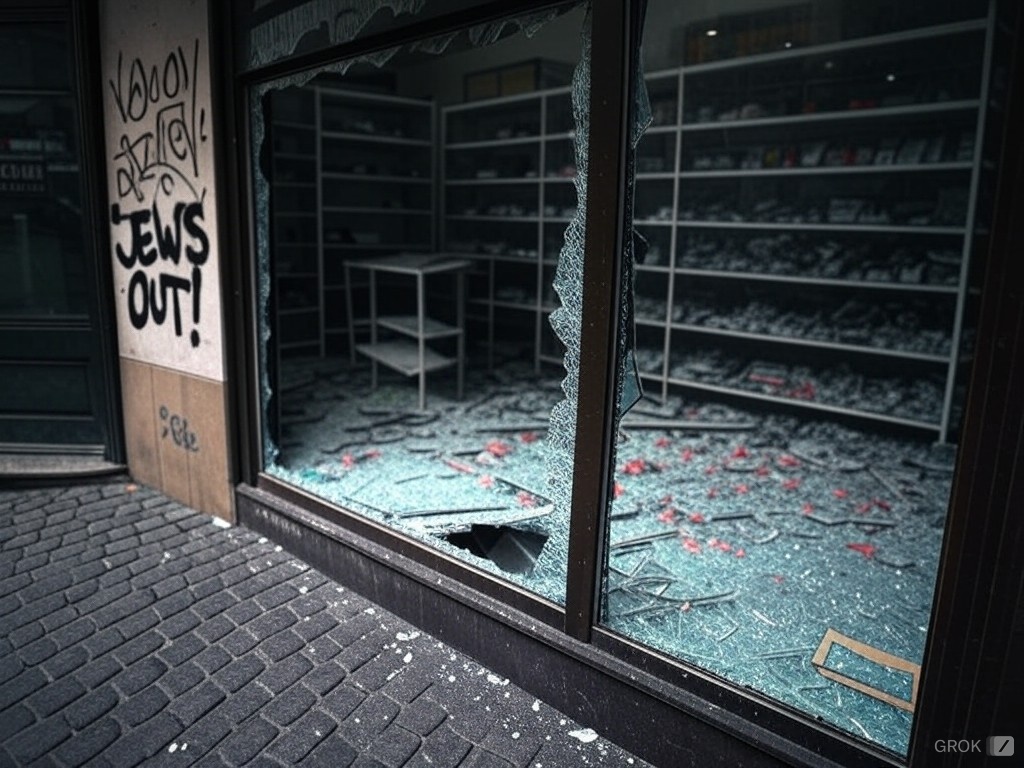Sports
Why Roberto Olabe’s Real Sociedad exit will put Europe’s top clubs on high alert

While the news that Roberto Olabe is leaving his job as Real Sociedad sporting director brought shock at the La Liga club, it will also have reverberated far wider and he will now likely be on the radar of many of Europe’s top clubs.
Olabe has extensive experience from more than two decades working in different roles in La Liga — most recently directing impressive progress at La Real over the past six seasons, including a Copa del Rey trophy and qualification for the Champions League.
The 57-year-old’s CV also includes time helping Qatar prepare for the 2022 World Cup, and guiding the development of Ecuador’s current ‘golden generation’ of players.
Over his career, the former goalkeeper has also worked closely with fellow former Real Sociedad figures who are now having success across Europe, including Mikel Arteta, Unai Emery and Xabi Alonso.
Olabe had been under contract in San Sebastian until June 2026, but The Athletic revealed on Wednesday that he was leaving 12 months early, and we have since spoken to around a dozen sources who know him and his work to see what his next career move might be (all spoke on the understanding of anonymity to protect their relationships).
Born in the Basque city Vitoria-Gasteiz in 1957, Olabe began his playing career with third-tier Mirandes, spent time in the lower divisions with hometown club Alaves, then moved to Salamanca before joining La Real in 1995.
During four seasons with the club, Olabe was mostly a back-up in a squad which famously included more than a dozen players who would later become managers — that list includes Emery at Aston Villa, ex-Leeds, Valencia and Watford manager Javi Gracia, current Mallorca boss Jagoba Arrasate and current La Real coach Imanol Alguacil.
After retiring as a player in 1999, Olabe coached La Real’s under-18 team to a national title. Midway through the 2001-02 season he was promoted to replace John Toshack with the senior side and guided them to safety after they were facing the threat of relegation.
Moving upstairs for three years as sporting director, Olabe put together the squad which almost won the 2002-03 La Liga title. A teenage Alonso became a first-team regular during this time, while a 22-year-old Arteta signed from Rangers.
There then followed short spells in different roles within Spanish football. During a year as Almeria sporting director he appointed Emery as coach, signed 17 players and got promotion to the Primera Division. He had a spell working as a senior executive at La Liga leading various projects including the development of youth players and aiding the education of coaches in Central America. He also coached Real Union in the third tier for the 2011-12 campaign.
Olabe’s longest career spell outside of San Sebastian was four years as director of football at Qatar’s Aspire Group, where his remit was to develop the structures to prepare a competitive team for when the Gulf country hosted the 2022 World Cup.
Roberto Olabe is not likely to be short of options as he considers his next move (Real Sociedad)
“The proposal was to design the football department,” Olabe told The Athletic before that tournament. “Then developing a methodology for training, generating the right competitive mentality and changing the sporting culture. Everything was related to 2022. It was a challenge but also a great opportunity.”
Olabe began that project but in August 2016 he returned to Real Sociedad as sporting director. Within eight months he left and was soon afterwards appointed as head of sporting strategy at Ecuadorian side Independiente del Valle (who also had an official connection to Qatar’s Aspire). There he helped build the youth system which has produced senior stars including Chelsea’s Moises Caicedo and Bayer Leverkusen’s Piero Hincapie.
On Olabe’s return to La Real in 2018 for a third spell as sporting director, long-serving club president Jokin Aperribay gave him wide-ranging powers, from youth development to transfers. The result has been the team’s most successful period since the early 1980s.
Long-serving veterans Xabi Prieto and Imanol Agirretxe were treated honourably while being moved on. Bets on promising youngsters Alexander Isak, Martin Odegaard and Mikel Merino paid off. Youth products Mikel Oyarzabal, Martin Zubimendi and Robin Le Normand became first-team pillars. Ex-Premier League veterans David Silva and Nacho Monreal brought experience and leadership. Coach Alguacil was promoted from the B team to the senior side and given time to work within a context he knew well.
Inside Spanish football, La Real were generally admired as a club that did things correctly and smartly as they overtook historically bigger rivals such as Valencia and Sevilla, where decisions were made more erratically.

GO DEEPER
Silva dazzling in Real Sociedad team top of La Liga
For many observers, a key to La Real’s success was how everyone at the club — including president, sporting director, coach and senior players — were all very aligned in what they were doing. Steady progress culminated in a first trophy in three decades when eight home-produced players featured as La Real beat Basque rivals Athletic Bilbao in the 2020 Copa del Rey final (played behind closed doors in April 2021 due to the Covid-19 pandemic).
Off the pitch, La Real were also progressing. Olabe had a central role as the club’s Zubieta training ground was expanded and developed. A unified player development model was implemented across the men’s and women’s teams at all levels, with an emphasis on playing good technical football at a rapid pace. Alonso spent three years at Zubieta learning what he needed to become a top coach, before leaving for Bayer Leverkusen.
“It’s very important that (all our coaches) understand our model of development, and that they are aligned with our model of play,” Olabe himself told The Athletic in 2021. “Then each is free to add their own finishing touches — Xabi maybe likes to be more stable, with his own profile, have more midfield play. Imanol maybe is more eclectic. But we are all very similar and they all understand they are part of this model.”

GO DEEPER
‘I have ambition to manage an elite team, but I am in no hurry’ – Xabi Alonso happy to learn at Real Sociedad
Last season was Real Sociedad’s first in the Champions League in a decade, and the result of stability and long-term planning. Alguacil’s well-drilled team topped a group with Inter Milan, Benfica and Red Bull Salzburg, but hit a ceiling against the much richer Paris Saint-Germain in the last 16.
“We want to be the best Real Sociedad possible, not to copy anybody else,” Olabe told The Athletic before that PSG tie. “We know it is very difficult to win trophies, very few teams do. What makes us better is to be the best version of ourselves every day. To try, with this identity, to take on the challenges that are put in front of us. That will make us stronger and better.”
La Real’s progress has been built on profits in transfer dealings during Olabe’s most recent spell. While head of scouting Erik Bretos did a lot of the work in identifying targets, market sources say Olabe was a tough negotiator who “does not suffer fools” and always looks for an advantage for his club.
Isak was sold to Newcastle United for €70million (£58m, $74m) in 2022, having arrived from Borussia Dortmund for €10m three years earlier. Merino cost just €12m from Newcastle United in 2018, and brought in €32m from Arsenal this summer after impressing at Euro 2024 for Spain. Another of that Euros-winning squad, centre-half Le Normand, was sold to Atletico Madrid for €34.5m.
However, those departures last summer led to an ‘end-of-cycle’ feeling at La Real. Not all recent signings have worked out — Japan playmaker Takefusa Kubo for €6.5m was a hit but Nigerian striker Umar Sadiq for a club-record €20m has not been so far. The relationship between former team-mates Olabe and Alguacil — both intense characters — has also had its strained moments. The sporting director’s relationship with the dressing room was characterised by one source as “cordial and professional”, with president Aperribay a warmer figure with the players.
The team have had an inconsistent start to 2024-25 — they lost four of their first six matches in La Liga, but better recent form included last weekend’s 1-0 victory over leaders Barcelona. Just one win in four Europa League group games means progress to the knockout stage is far from certain. It was already starting to feel like possibly a transitional season for the team.
Olabe’s La Real exit was confirmed on Wednesday morning, hours after the news was broken by The Athletic. He will continue as their sporting director until the end of the season, when Bretos will step up to take over.
Meanwhile, Olabe will not lack options for his next career move. The meticulous planner and outside-the-box thinker is unlikely to have decided to leave without at least an idea of his next destination.
He has connections and relationships with many top clubs in La Liga and the Premier League. Besides knowing Arteta for two decades, he has done regular business with Arsenal in recent years, most recently in Kieran Tierney’s loan last year.

Arteta, left, and Olabe have known each other for years and Arsenal have a vacancy after the departure of Edu, right, as their sporting director (Stuart MacFarlane/Arsenal FC via Getty Images)
Manchester City assistant City coach Juanma Lillo was Olabe’s manager at Salamanca in the 1990s, while City’s sporting director Txiki Begiristain is another ex-Real Sociedad player Olabe knows well. Emery and Villa considered bringing Olabe from La Real to the Premier League, but in the end Monchi was hired from Sevilla as sporting director in summer 2023.
During his time with Aspire in Qatar, Olabe worked closely with former Real Madrid star Raul Gonzalez and ex-Barcelona playmaker Xavi Hernandez — now the Madrid Castilla (youth team) coach and recently-departed Barca manager respectively.
Olabe’s experience of preparing a team and a football culture for hosting a World Cup could also be of interest in the U.S., while he retains a close affinity to the Ecuador national team from his time there.
Such a range of experience means the Basque could be qualified for a variety of roles. Some who know him well see him more as a manager or implementer of a general strategy and philosophy throughout a club, rather than solely scouting or signing first-team players. He is used to working with wide autonomy and power to make decisions, within a well-defined structure. Such conditions are not often found at top Premier League clubs with rich owners (whether individuals or nation states). Another industry source wondered whether his breadth of experience would make him a good fit for owners implementing a multi-club model across leagues or continents.
A strong personality will likely be a factor in his future choices. Someone who has known him for years in San Sebastian says “Roberto is impossible to predict”. Others who have followed his career closely say he is sensitive to criticism and does not always enjoy the media spotlight. He is most comfortable when given time and space to do what he thinks is the correct thing over the long term — not always the conditions available at the very top level in football.
One thing for sure is he will be missed at Real Sociedad, where Wednesday’s news brought shock at many levels. When told the news, one former team-mate said he was sorry, but was sure that Olabe would be a success whatever his next step. “Firstly, I’d like Roberto Olabe to stay many more years at La Real as he is doing great work there,” he said. “To speak of Roberto Olabe is to speak of responsibility, hard work, dedication, determination and great quality on a professional and personal level. He’s always been a very analytical and reflective person. He knows the market well and looks after the youth system. Wherever he goes, he would have no problem, with his experience and capability.”
(Top photo: Real Sociedad TV)










